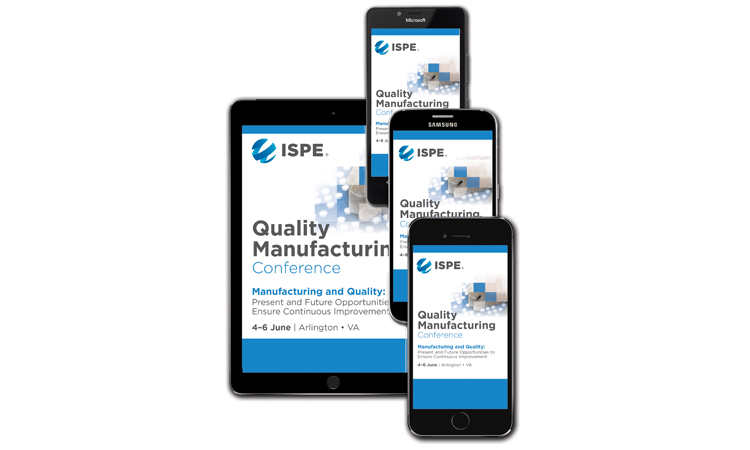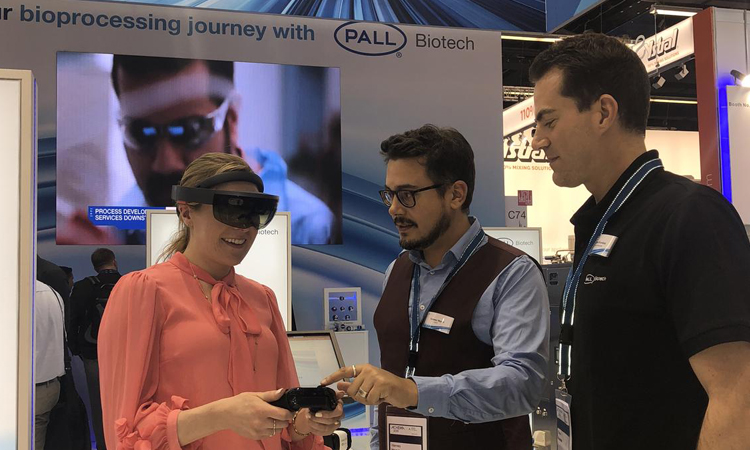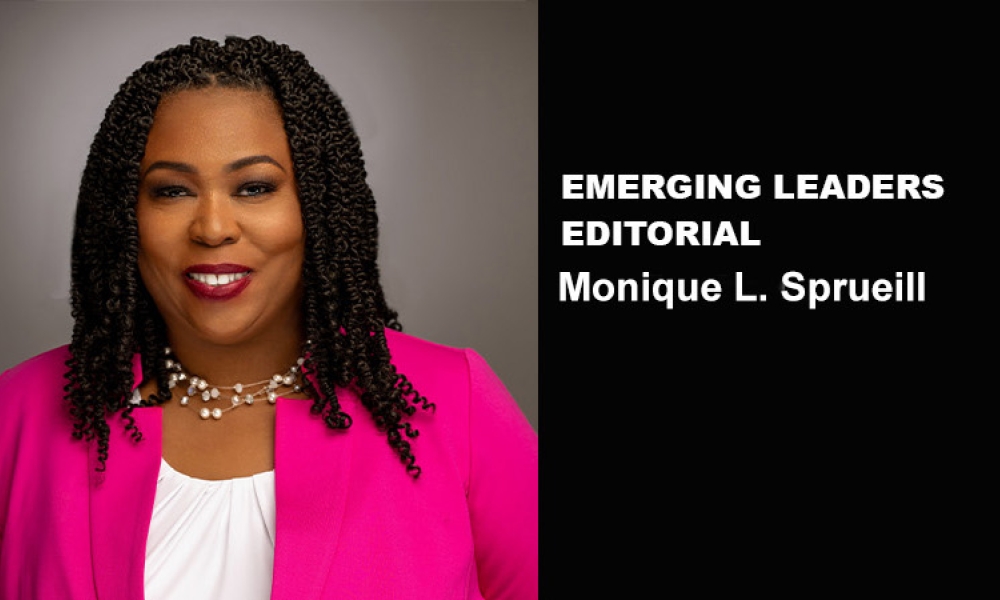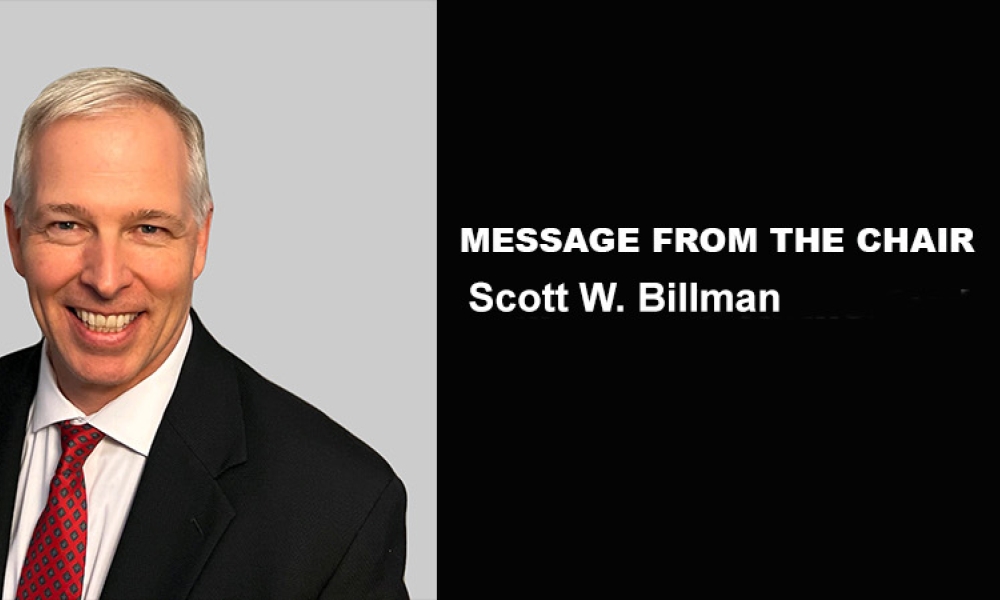Planning an agenda in advance also helps me determine at the outset if a conference is actually of value to me and my organization. If you are approaching your manager for approval to attend a particular conference, I’ve found that it can be easier to demonstrate its value to your role or your organization’s business priorities if you show a well-planned agenda that highlights the sessions you plan to attend and the exhibitors you plan to meet.
NAVIGATING THE EXHIBITOR HALL
It can seem a little daunting to approach an exhibitor booth, particularly if it is a service or technology that you know very little about. ISPE UK Chair Jon Youles, Managing Director of Ytron-Quadro and a regular at larger international exhibitions, says you don’t need to be shy. The one thing exhibitors want more than anything is to talk about their products and services.
“Every exhibitor welcomes students and YPs,” he told me. “Although they may not yet be in a position in their career to select equipment or services, they are potential users and buyers of the future!”
I asked Jon what type of questions he would recommend that students and YPs ask. He reassured me that with a lot of equipment on display, it isn’t initially obvious what the application is for, so a good question is simply, “What is this equipment for?” or “Can you tell me more about this?”
He also recommends that if you want to spend a bit more time walking around a larger stand it might be beneficial to visit in the afternoon, when the exhibition hall is usually a little quieter and exhibitors will have more time.
NETWORKING
Some of the most enjoyable aspects of attending an international conference are the opportunities it presents to increase my network by meeting new people and reconnecting with those I already know. I renewed acquaintances with many of my American colleagues in Arlington, and with my European and Indian colleagues during ACHEMA, in Frankfurt.






